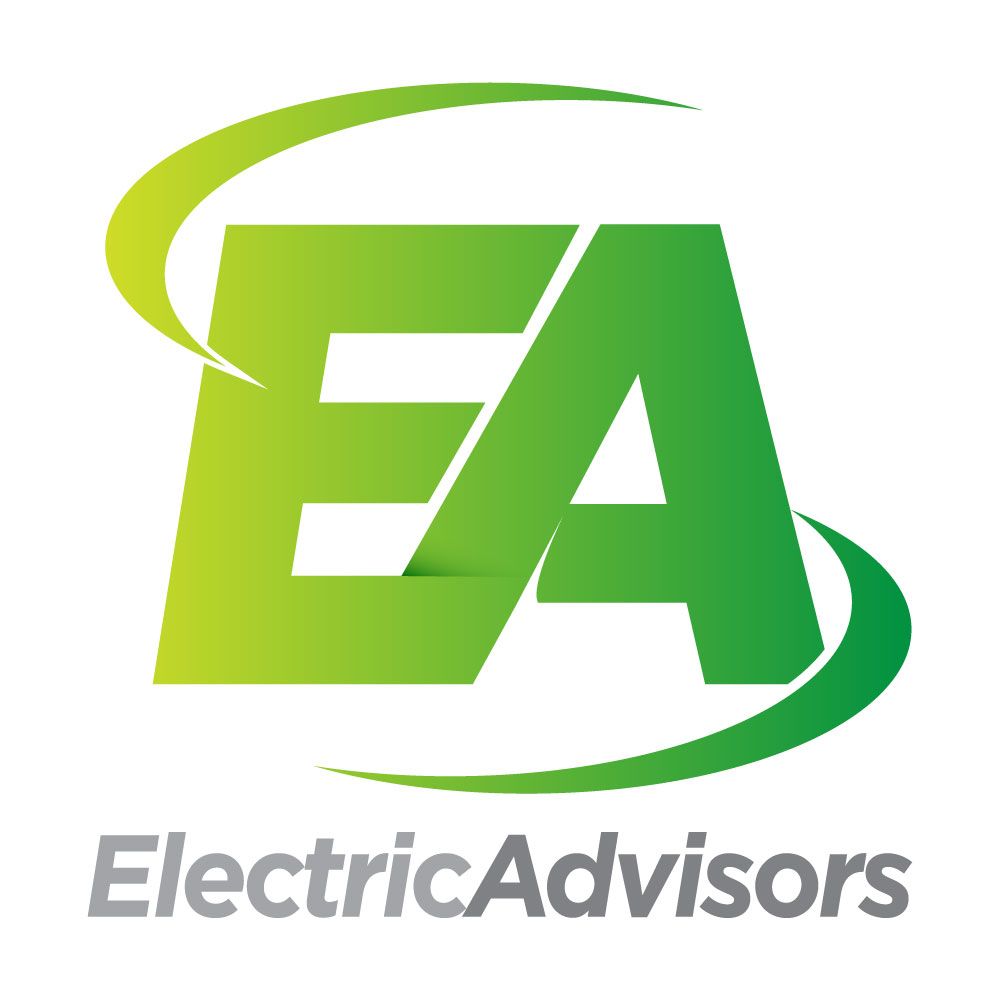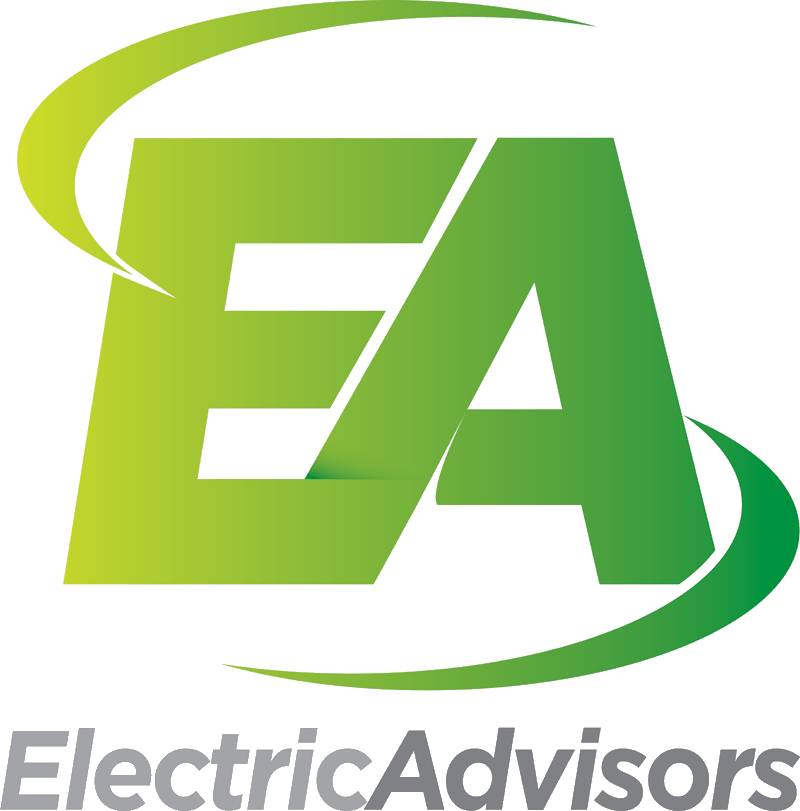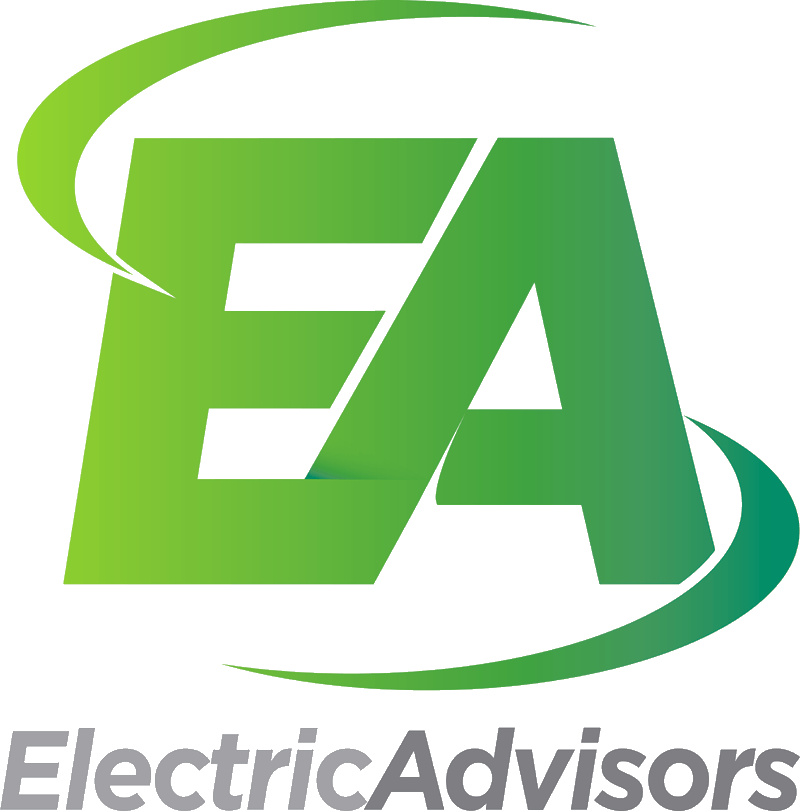EA and your utility
It's a bit funny, and yet kind of sad at the same time.
When we're out and about, describing how we can lower electricity rates and fix natural-gas rates for both residential and commercial bills, a lot of people say:
Oh, good! We can now get rid of Pepco / BGE / (insert name of hated utility here)!
That sentiment is especially felt in the aftermath of bad storms; like our most current one this week, when hundreds of thousands of people lose power and really trash-talk the utilities.Well ... we don't actually "take over" for Pepco, BGE, and so on. Here's why:
Certain states have deregulated the energy markets, which means the supply of electricity and natural gas is now open to competition in those states. There's a difference, though, between "supply" and "distribution" (also called "delivery").
It doesn't matter if you live in a regulated or deregulated state: The utilities still distribute/deliver your energy. With electricity, for example, the utility will always take the power off of the grid and use its power lines, substations, etc., to deliver the energy to your house or place of business.
That's a bit of an oversimplification of the actual distribution process, but that is in essence why we don't "take over" for the Pepcos of the world. The utilities will always deliver energy supplies to your home or business.
Another way to show what we do and don't cover is on an actual bill. Here's a document (.pdf) we use that describes the areas of the bill we do and don't affect. While the bill shown is a residential bill, the same ideas apply to commercial bills, too.
Our specific example is of a Pepco bill, which is split into three sections: Distribution, Generation and Transmission. Because of deregulation in the states we serve (see below for details), we can lower your rates in the Generation and Transmission sections.
The Distribution section, though, is where and how Pepco (and other utilities) pay for maintaining lines, taking your customer service calls, and fixing lines during power outages. Because EA is not an actual utility, we'll never touch that part of the bill.
Other utilities—BGE, for example—only have two sections ... usually called something like Supply and Distribution. The Supply section essentially combines the Generation and Transmission sections into one.
If you take one thing away from this post, remember that there's always an area of the bill that we do not touch, because the utilities need to pay for the services they provide.
Electric Advisors: Lowering electricity & natural gas rates for residential customers in Maryland, DC and Pennsylvania (electricity only in Delaware; gas only in Virginia). Customers of BGE, Pepco, Washington Gas, Allegheny, Delmarva Power and PPL can lower their rates … today!
EA's currently serves commercial customers in DC, Maryland and Pennsylvania, with more deregulated states on the way.



All Rights Reserved
Stay Connected
We will get back to you as soon as possible.
Please try again later.

